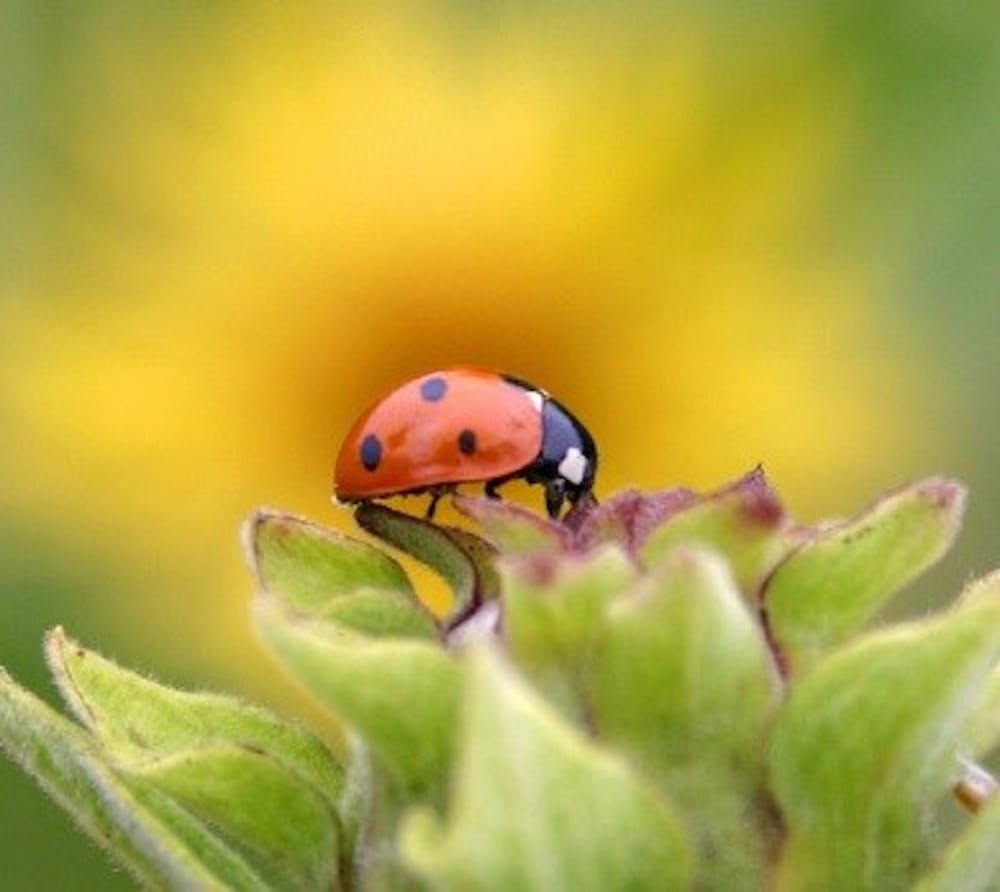
They sting, they bite, they buzz, they kill your plants, and for tiny little things, they can look pretty darn terrifying. It can be hard to show love to our friendly neighborhood creepy crawlies, but they play an essential role in keeping our eco-system running.
Many insects pollinate plants, spread seeds, and enable oxygen to get to the soil. These processes allow trees, crops, and flowers to grow. Without these insects it would be difficult to breathe or eat, and with no flowers, who knows what our perfume would smell like?
Bugs also make up the diet for animals like frogs, fish, and birds that in turn are eaten by other animals. They also help with the process of decomposition. Knocking bugs out of the food chain would cause it to collapse.
Individually, some bugs help humanity out more than others.
Silkworms give us the silk used for clothing and bumblebees supply us with honey, and the wax often used to make candles. Some insects are used in the creation of dyes (which possibly, we would have been better off not knowing). Still others are studied or used in experiments for scientific advancement. Genetic studies would not be where they are today without fruit flies. Who knew?
Predator insects are also a natural pesticide and can actually be more beneficial than the chemical variety. Chemical pesticides may wipe out the bugs that protect and help your garden as well as the ones you want to get rid of. With these insects gone, new, invasive species can come in causing more damage than the native species would have. Studies also suggest that bugs can build up a resistance to common pesticides.
In Ohio, some helpful predator species include ladybugs, honey bees, hover flies, and dragonflies.
Though ladybugs may seem like a nuisance this time of year as they invade our window screens, they live off of aphids, the most common plant-killing bug. They also eat mites, mealy bugs, and insect eggs.
Honey bees are incredibly diligent pollinators and can help with pest control.
Dragonflies, along with being a pretty fishing companion, eat mosquitos.
Garden spiders get rid of plenty of harmful pests and it should be comforting to know that they generally aren’t thing same spiders that hang out in your house.
Perhaps the handiest of them all is the hover fly. Though hover flies look like small wasps or bees, they don’t sting! They do, however, pollinate plants and, as maggots, eat about 400 aphids per bug. That good news for your tomatoes and petunias.
Although insects may occasionally bug us, we would be pretty lost without them.
Photo License: Creative Commons
Must Love Bugs

